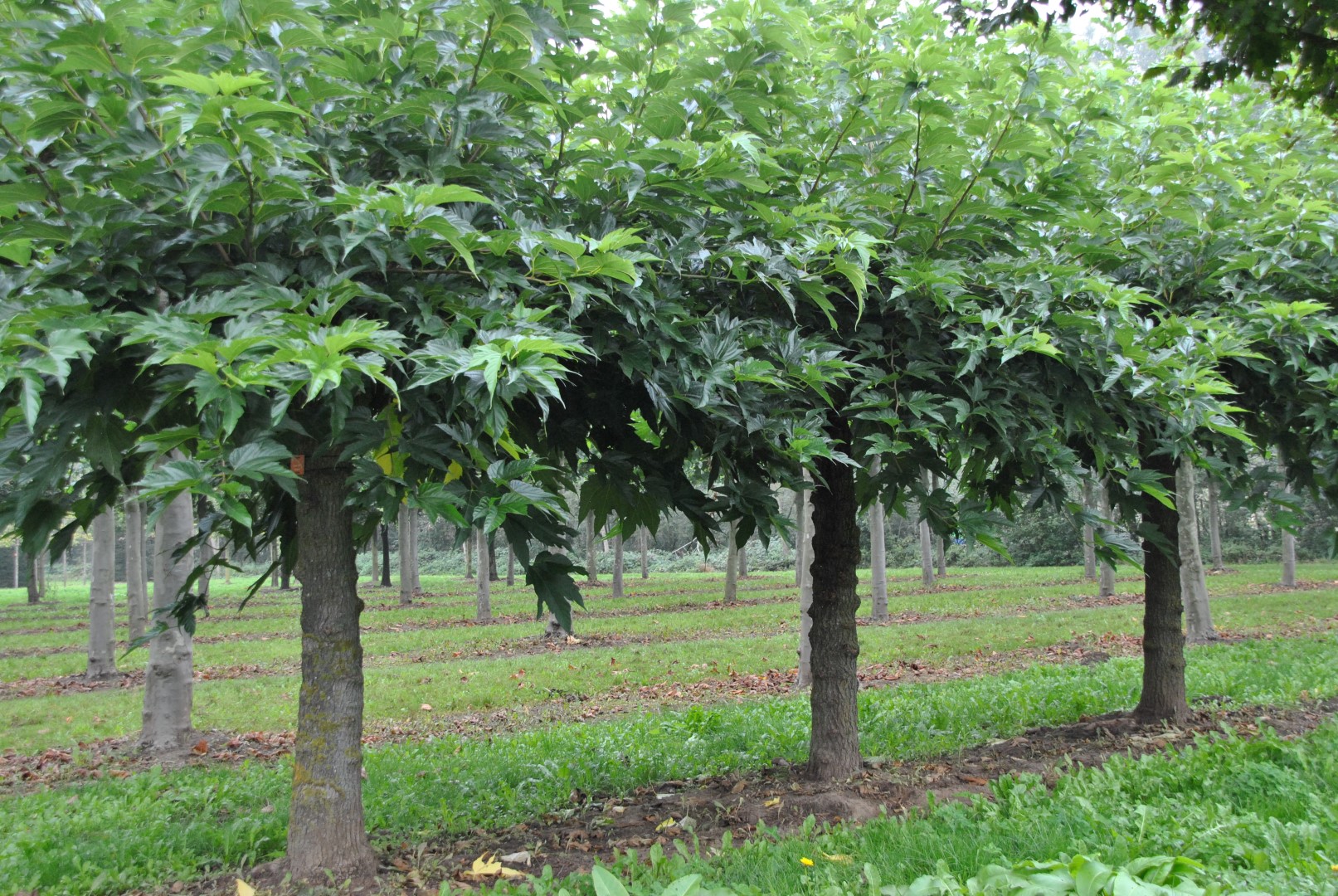
Morus alba 'Fruitless' Morus alba 'Fruitless' Van den Berk Pépinières
Morus, a genus of flowering plants in the family Moraceae, consists of diverse species of deciduous trees commonly known as mulberries, growing wild and under cultivation in many temperate world regions.
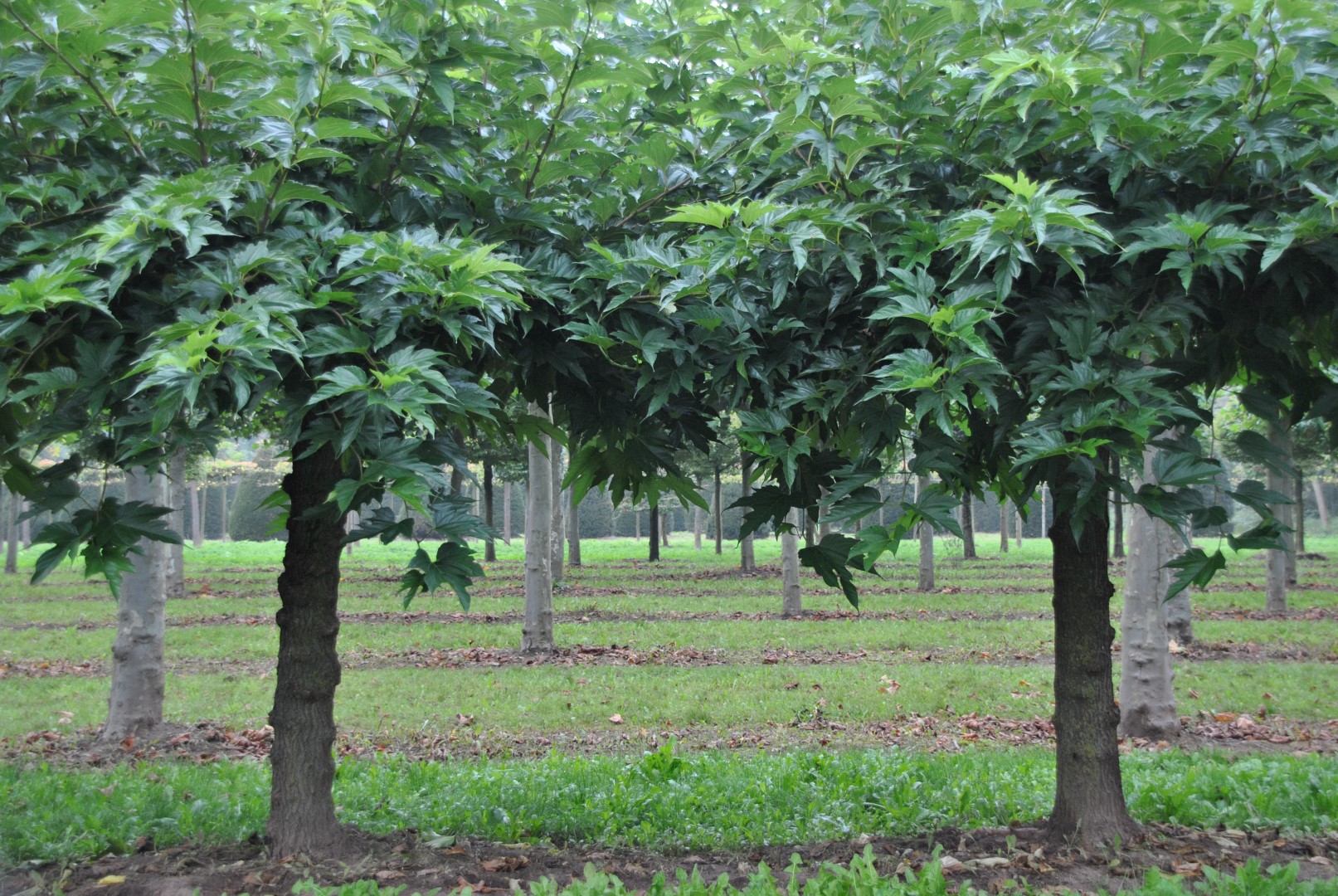
Morus alba 'Fruitless' Morus alba 'Fruitless' Van den Berk Viviros
Morus alba 'Hampton' is a fruitless cultivar that grows to 50 feet. Potting and Repotting White Mulberry Trees . White mulberry trees, most specifically dwarf types, can be ideal potted trees. Choose a large plastic container at least 12 inches wide and deep to start. Plastic is best because it will be lightweight and moveable.

Morus alba 'Fruitless' (Dak Moerbei) Royalhedge
Scientific name: Morus alba fruitless cultivars Pronunciation: MOE-russ AL-buh Common name(s): White Mulberry Family: Moraceae USDA hardiness zones: 3B through 9 (Fig. 2) Origin: not native to North America Uses: Bonsai; shade tree; specimen; no proven urban tolerance Availability: somewhat available, may have to go out of the region to find the.
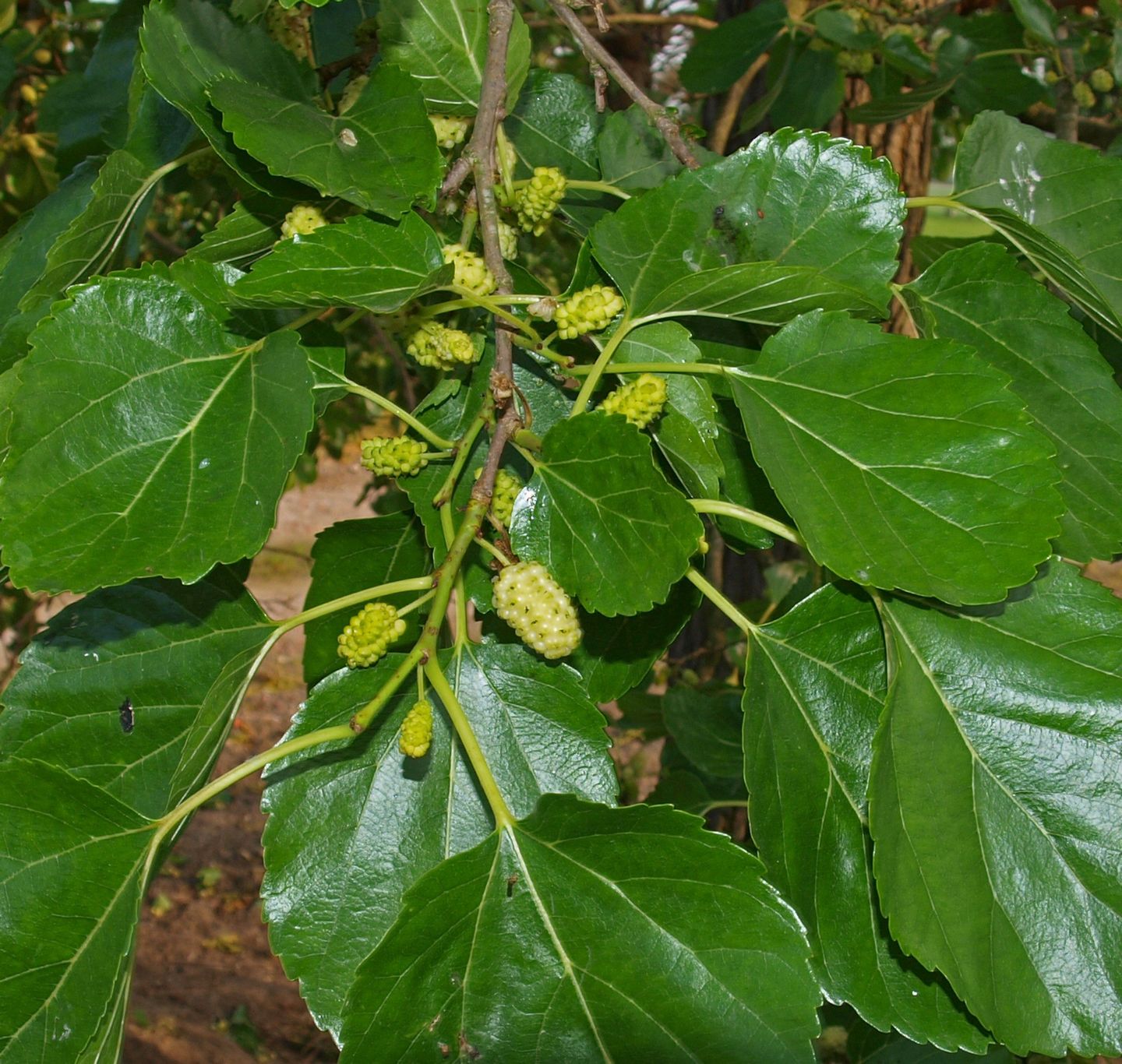
Bestel Morus alba 'Fruitless' voordelig bij Plantenweelde
Morus alba (white mulberry) grows up to 50 feet high and produces extremely sweet, pinkish, white, or purplish berries. There are several, attractive fruitless selections or varieties of the white mulberry. They are male trees and include 'Stribling', 'Kingan', and 'Urban'. M. alba 'Pendula' is a weeping mulberry, and.
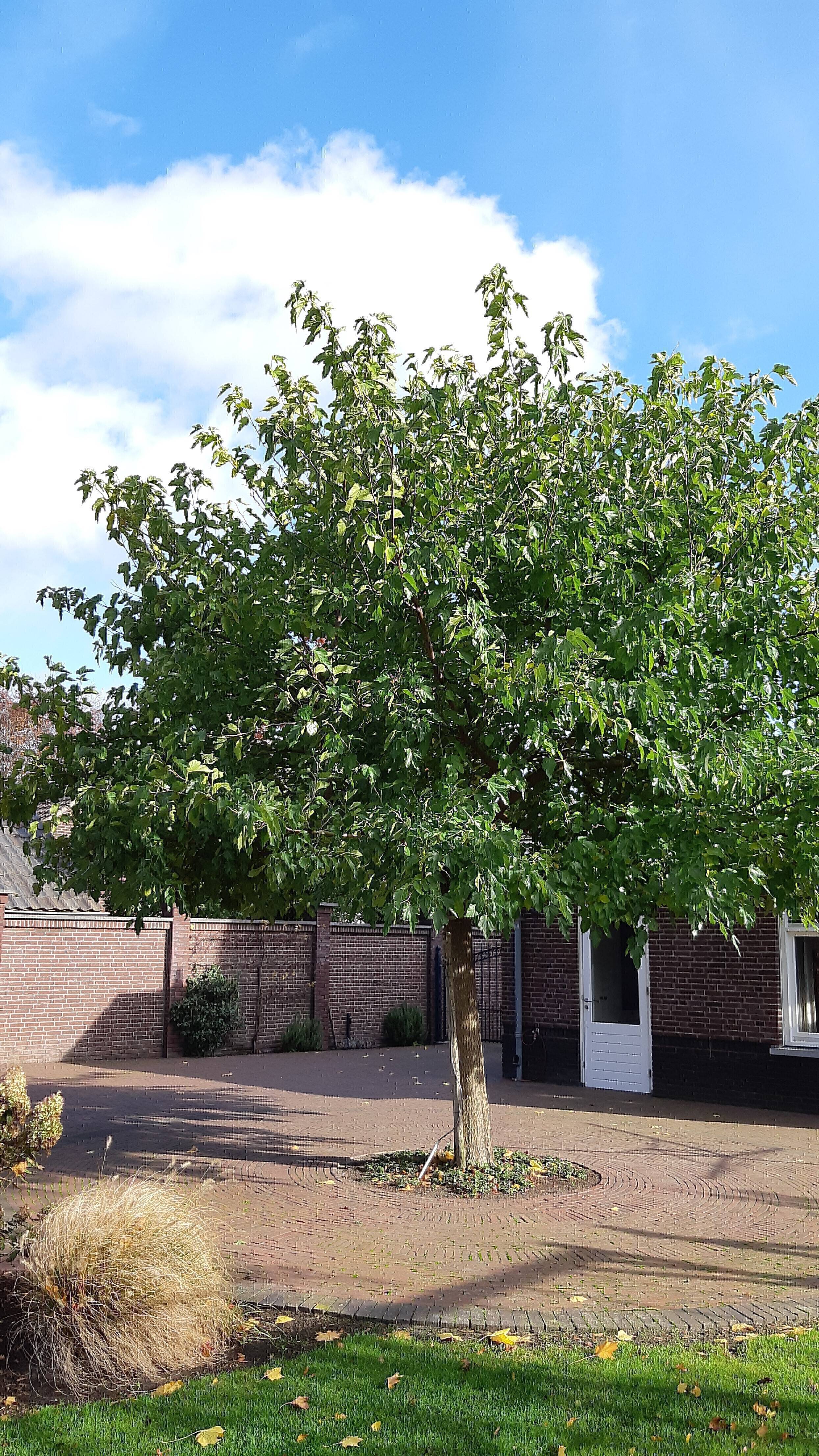
Morus alba 'Fruitless' Witte moerbei 'Fruitless'; Witte moerbezie
Return the soil to the planting area packing it firmly around the root ball. Fill the hole until the soil line is just at the base of the plant, where the roots begin to flare out from the main stem. Water the plant well then add a 2" (5cm) layer of mulch, such as shredded bark, around the planting area. Keep the mulch at least 4" (10cm.
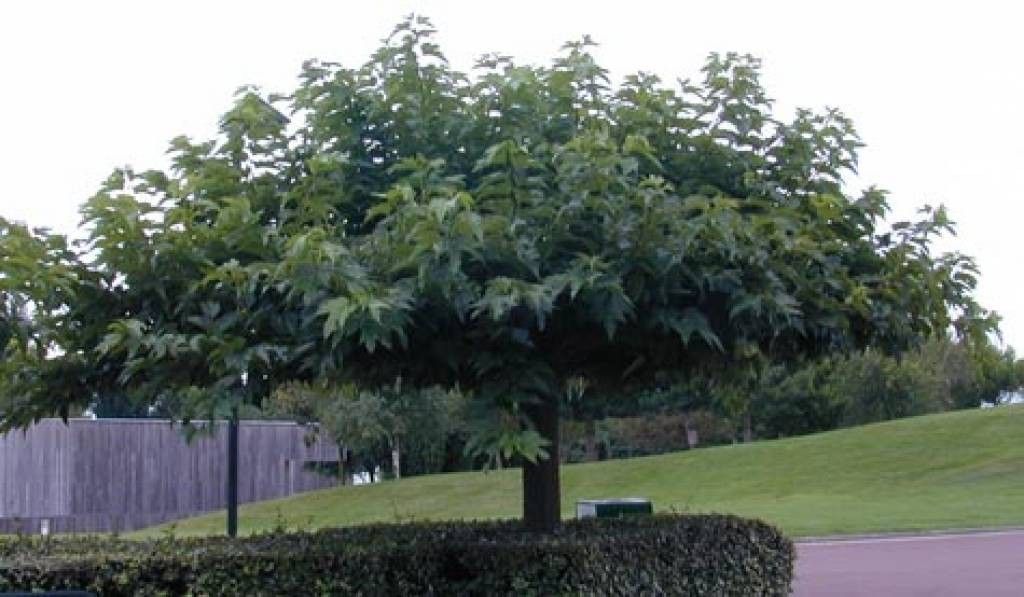
Bestel Morus alba 'Fruitless' Dakvorm voordelig bij Plantenweelde
white mulberry. A small to mid-sized deciduous tree, with a spreading habit and ovate to heart-shaped, glossy, toothed green leaves, turning pale yellow in autumn. Pale green catkins are produced in late spring and early summer, followed by edible, raspberry-like fruits that begin white and develop to reddish-pink or near-black.

Morus alba 'Fruitless' Witte moerbei De Tuinen van Appeltern
Both the red mulberry (Morus rubus) and the white mulberry (Morus alba) are common in North America and feature dark green leaves with serrated edges.

Morus alba 'Fruitless' GELSO BIANCO Vivai Frappetta Roma
Morus rubra: leaf blades adaxially with short, stiff, appressed hairs providing a scabrous texture, abaxially sparsely to densely pubescent across the surface, mostly 10-18 x 8-12 cm (vs. M. alba, with leaf blades adaxially glabrous or sparsely and softly pubescent, abaxially glabrous or with hairs along the main veins and/or tufted in the.
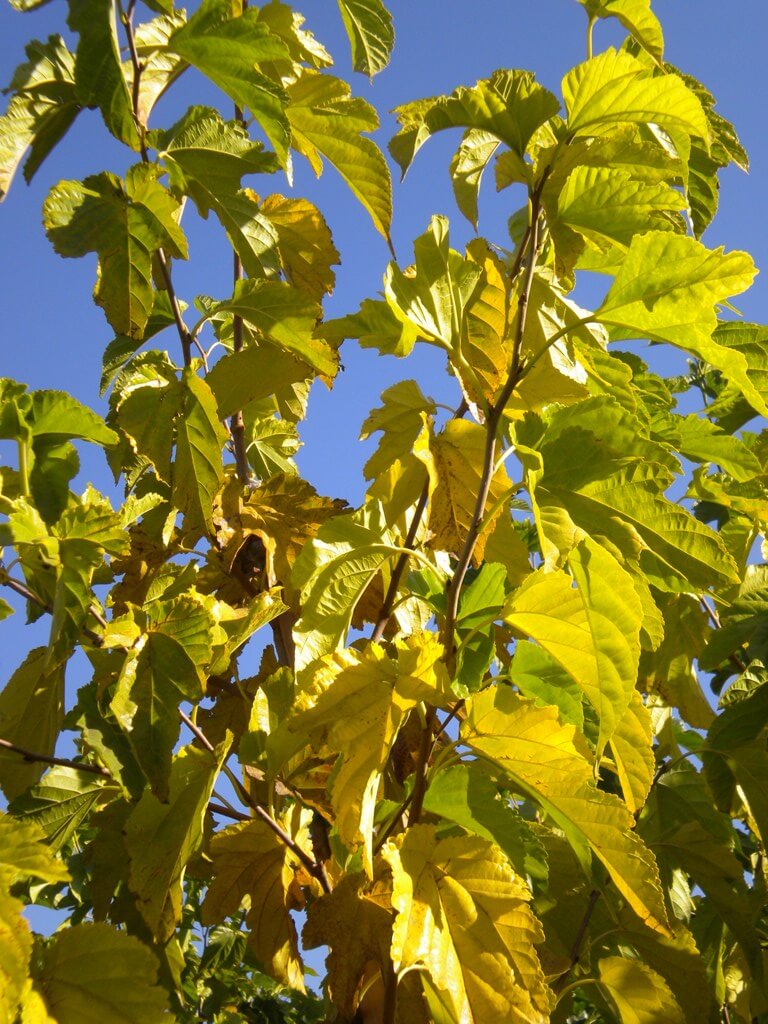
Morus alba 'Fruitless' Boething Treeland Farms
Chaparral white mulberry (Morus alba 'Chapparal'): A male (fruitless) cultivar with a weeping form. It is grafted onto a standard. Kingan white mulberry (Morus alba 'Kingan'): A male (fruitless) cultivar that is fast growing and drought tolerant. Stribling white mulberry (Morus alba 'Stribling'): A male (fruitless) cultivar that is.

Morus alba 'Fruitless' Morus alba 'Fruitless' Van den Berk Pépinières
This group of mulberries is fruitless, a definite plus when compared to the mess created by the abundant fruits of the common white mulberry. The plant quickly forms a dark green mass of foliage from a short trunk, or group of trunks. This gives many people reason to plant the tree.
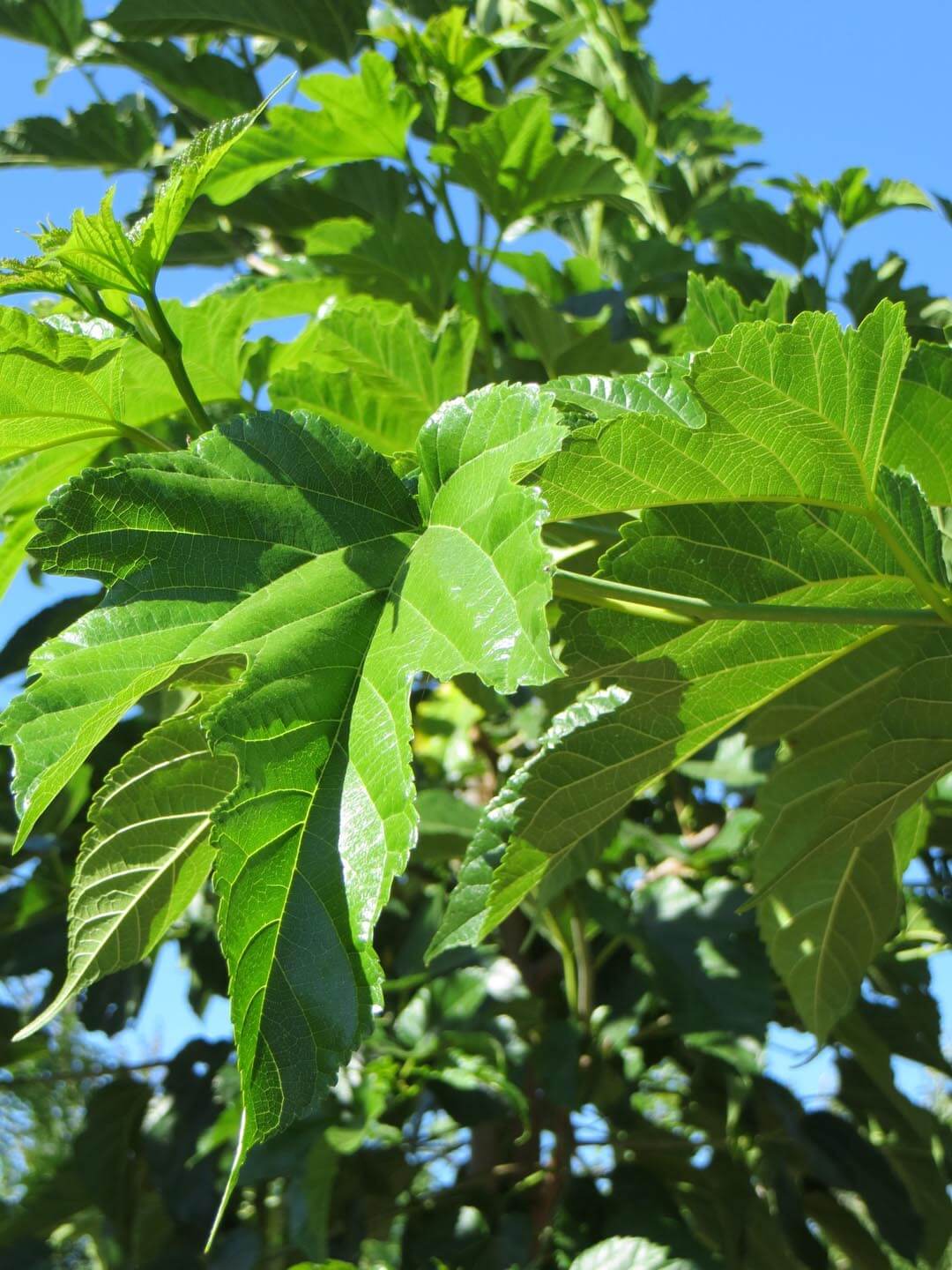
Morus alba 'Fruitless' Boething Treeland Farms
Description Plants exude a milky sap from young twigs when broken. Male and female flowers form on separate plants. The fruits are relished by birds, but dropped fruit can cause maintenance issues such as staining concrete walkways, patios, and cars; be aware of where their canopy will extend when choosing the location to plant one of these trees.
.jpg)
Morus alba 'Fruitless' Fruchtloser Maulbeerbaum 'Fruitless'; Weisser Maulbeerbaum; Weisse
Fruitless mulberry trees ( Morus alba 'Fruitless') are just as appealing as the fruited varieties, but without the mess or the invasive potential. So what is a fruitless mulberry tree? A fruitless mulberry tree is an excellent choice for a medium to large shade tree in home landscapes.
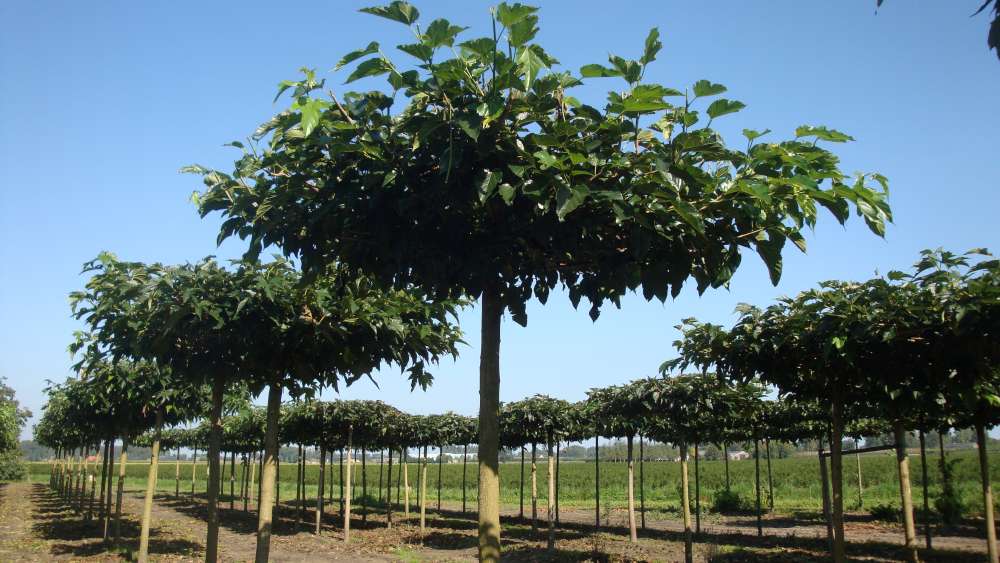
DakvormMorusalbaFruitless1000 Vivercid
Looking for morus alba? We have almost everything on eBay. No matter what you love, you'll find it here. Search morus alba and more.
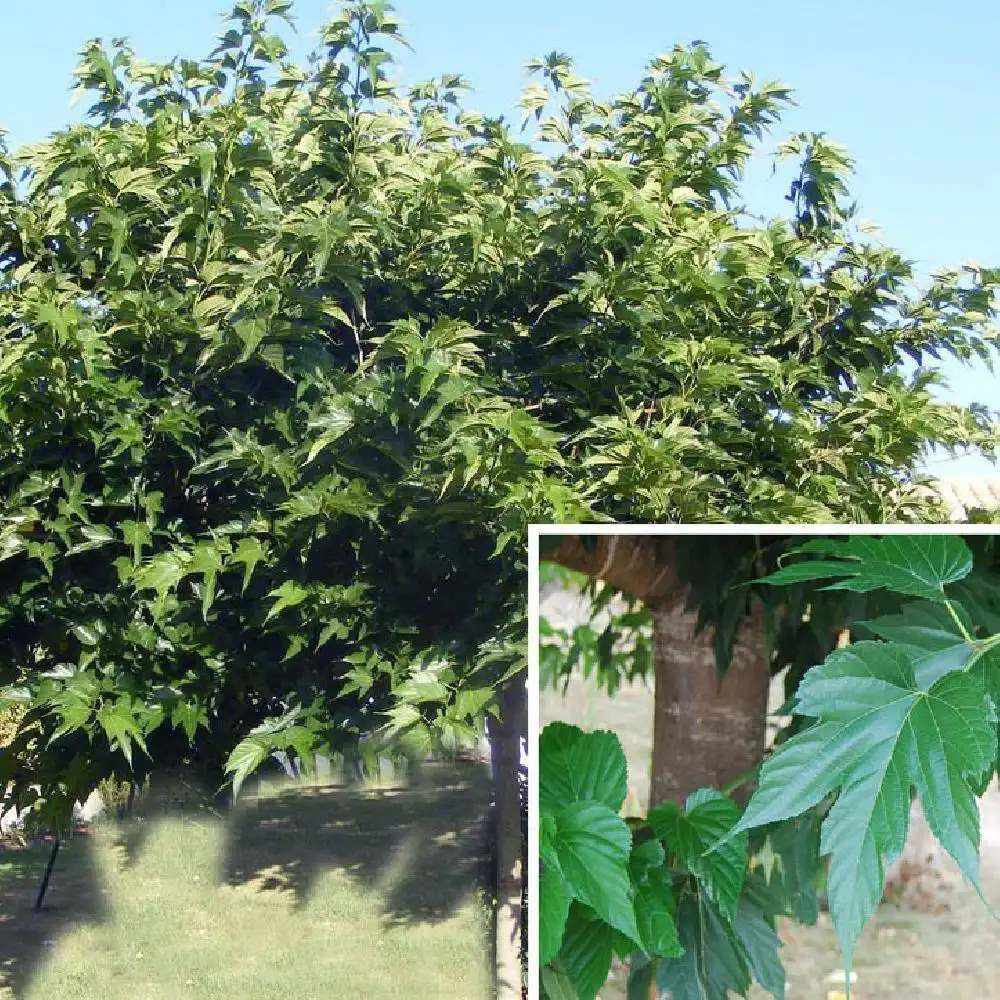
MORUS alba 'Fruitless' Mûrier blanc MORUS kagayamae alba 'Fruitless' pépinières Lepage
Fruit: Showy, Edible Tolerate: Drought, Air Pollution Invasive: Where is this species invasive in the US? Garden locations This plant is listed as a noxious weed in one or more Midwestern states outside Missouri and should not be moved or grown under conditions that would involve danger of dissemination. Culture
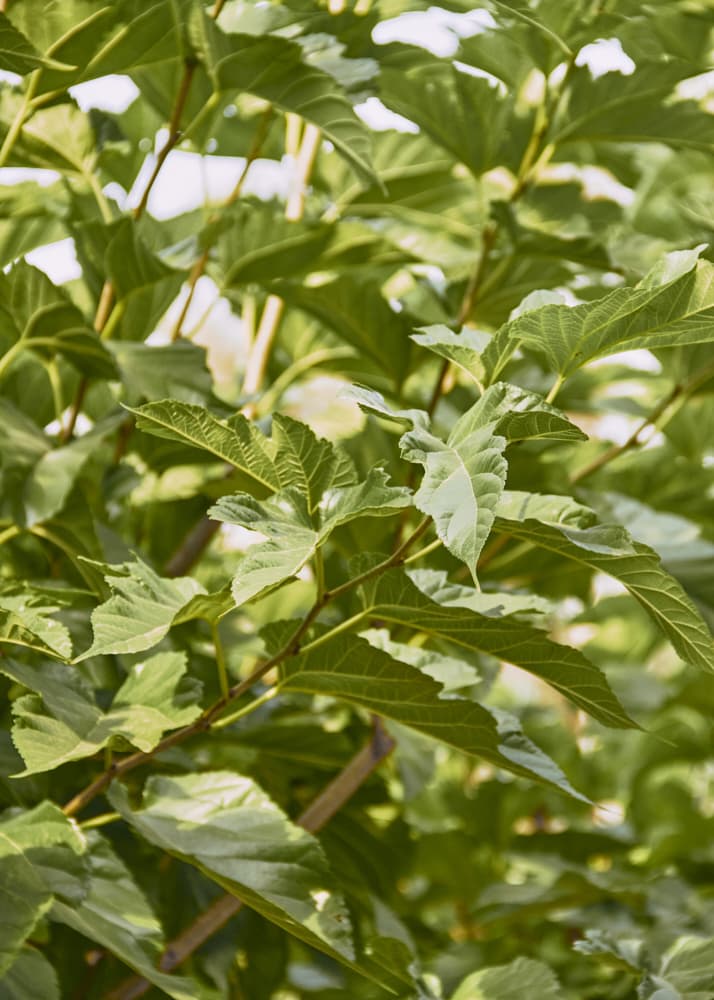
Morus alba "fruitless" Urbidermis
Fruitless mulberry (Morus alba 'Fruitless') Breadcrumb. Home; Campus Tree Story Map; Fruitless mulberry (Morus alba 'Fruitless') All Section Menuclose. Native: China. Tree Characteristics. Shape: Rounded or Vase; Foliage: Deciduous, Ovate to Cordate sometimes Lobed, Dark Green, Gold, Deciduous.

Morus alba 'Fruitless' Witte moerbei Appeltern Adventure Gardens
M. alba, fruitless is a spreading, deciduous tree with large, wide, deeply lobed, glossy, dark green leaves turning yellow in autumn and inconspicuous, green catkins in late spring and early summer. Morus alba, fruitless - Shoot